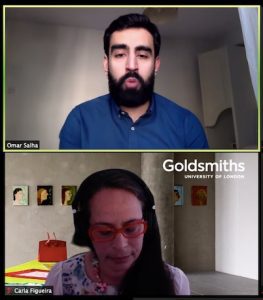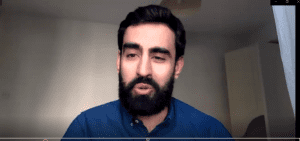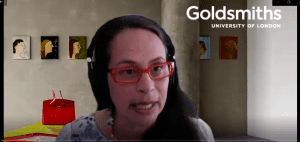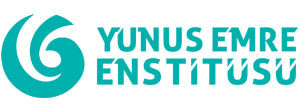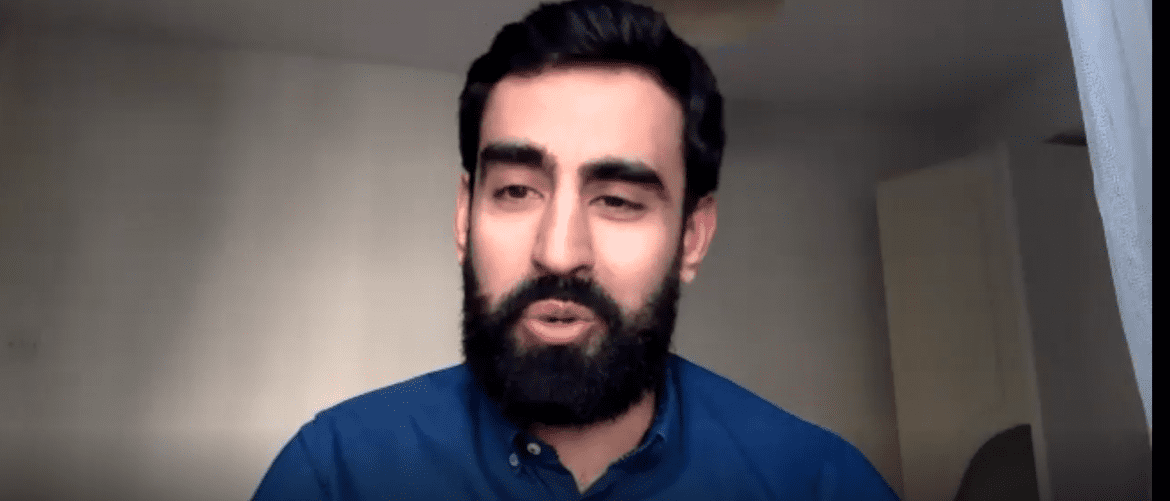On 21st April 2020, the Yunus Emre Institute in London hosted the ‘Human Diplomacy, Soft Power and Covid-19’ conference online. Part of the Institute’s Arts & Culture Lecture Series, the talk was given by Ömer Salha who works in the International Diplomacy and Soft Power field at SOAS University and moderated by Dr Carla Figueira who works in the International Culture Relations field at Goldsmiths University.
During the talk, Salha discussed the separation between hard and soft power as well as the historical development of soft power. Soft power, as Salah claimed, was different from hard power in that it did not involve military or direct financial power, but instead crucially involved culture, tourism and trade; drawing on Ottoman food aid to Ireland during their 19th Century famine as an example. After this aid, Drogheda United FC adopted a crescent moon and star on its emblem, like the ones on the Ottoman flag.
Quoting Hz. Mevlana, ‘after hopelessness lies much hope, after the dark lies much sun’
Stressing the importance of humanitarian aid as a branch of soft power, Salha asserted the resulting image changes of aid-sending country in the eyes of aid-receiving states. Salha went on to discuss how Turkey’s recent medical supply donations to England could serve positively in this respect and drew attention to the frequent use of Hz. Mevlana’s quote, ‘After hopelessness there is so much hope and after the darkness there is much brighter sun’. He continued to explain how this aid could lead to an increasingly positive outlook towards Turkey within both the British people and leadership.
The potentially high impacts of soft diplomacy were also stressed by the speaker, highlighting, for example, impacts of tourism which are difficult to capture statistically through simple measurements of tourist numbers.
Salha, using the last segment of his talk to discuss the current Covid-19 pandemic, pointed to the varying state approaches to the crisis and important role public diplomacy would play in the post-Covid-19 period. Citing specifically the current US-China tensions deepening as well as the falling petrol prices, Salha pressed the strong impacts these would have on economic and diplomatic spheres.
Both the speaker and moderator ended the talk on the need for increased international cooperation to deal with the global challenges such as the Covid-19 pandemic, along with the on-going refugee crisis. They both agreed that this need was not currently being met to the required degree and noted Turkey being left alone to deal with the refugee crisis.
The talk ended with a question and answer segment.


